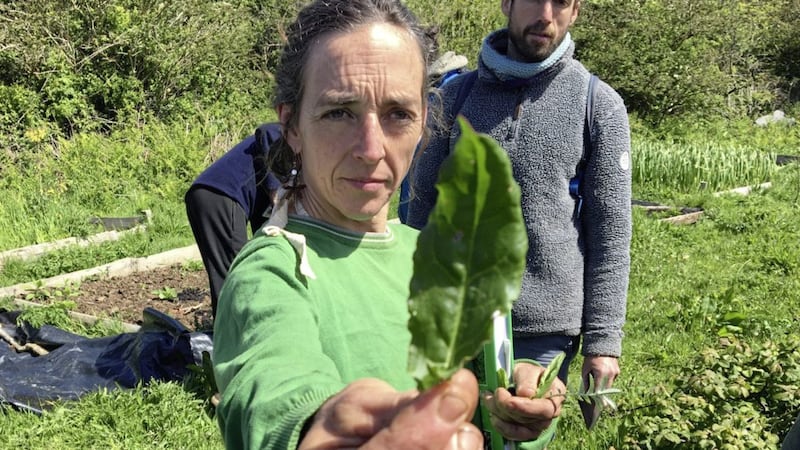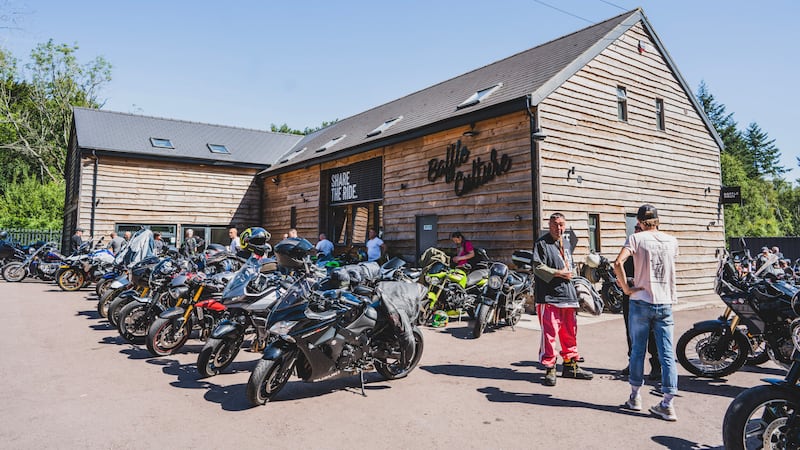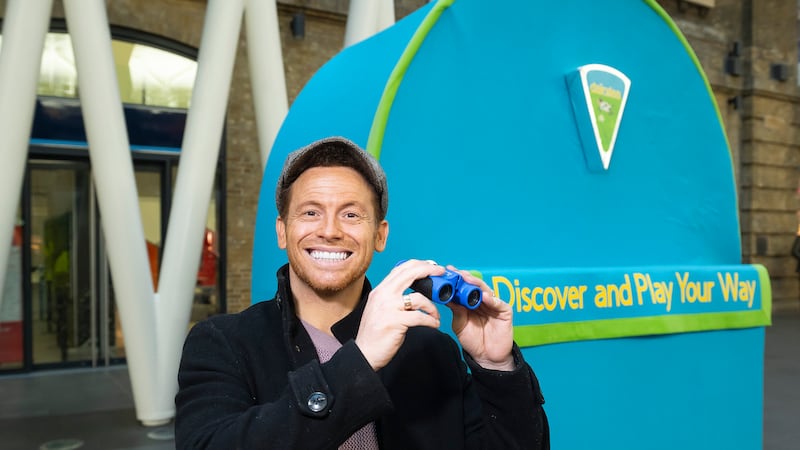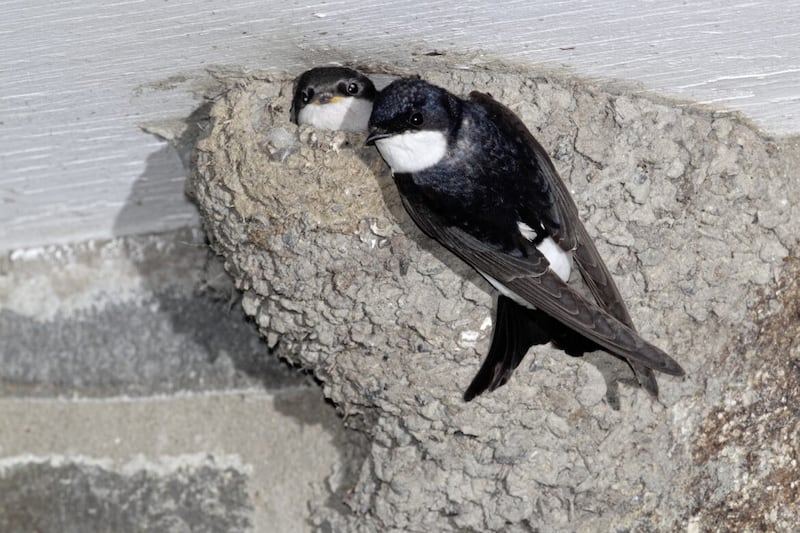THE sound of a cuckoo wakes me in the morning after a night in a rain-battered tent on a hillside overlooking the Atlantic Ocean.
It is a bird that is all too rarely heard these days and its call comes from a sprawling hazel forest close to the Burren in Co Clare.
It is an area more famous for its rock-blistered limestone landscape, which despite its apparent barrenness is one of Ireland's most diverse areas for flora.
I have pitched my tent in a place where herbalist and forager Cearbhúil Ní Fhionnghusa has gone back to nature, growing organic vegetables and harvesting the rich resources that grow at our feet and which most people pass by.
Cearbhúil walks me through her 3.5 acres of Burren land that lies outside Lisdoonvarna and from its highest point overlooks the Atlantic Ocean, the Twelve Ben mountains in Connemara, the Aran Islands and the Cliffs of Moher.
Pointing to the herbs and healing plants we come across, she explains their properties and uses.
"The purple flower of vetch, the wild pea, is beautiful in salads and as a garnish for food. I mix it into nettle pesto as a secret ingredient," she tells me.
"Red clover is the women's flower, balancing the moon time cycle and used for sore throats when infused in honey.
"Nettles are a great blood strengthening tonic and the base for our daily herbal teas. We make soup, pesto and mix with mashed potatoes and butter.
"The leaves and flowers from hawthorn support the heart physically and spiritually. We infuse the flowers in our water and drink.
"Wood sorrel is found in the hazel wood and we add to salads and garnish soups. Sorrel is delicious sprinkled on roast potatoes."
Cearbhúil, who is a home-schooling mum of Ruben (11) and India Rose Petal (nine), says she became interested in wild-food foraging and herbalism while working as a human rights worker in a remote Afro-Colombian indigenous village in South America in early 2000.
"I noticed how the villagers used herbs for healing and in food and was inspired by how connected to the land the people were," she says.
"When I returned to Ireland, I did a Living Earth apprenticeship with Donegal-based herbalist Judith Hoad."
She also makes soap, natural cosmetics, herbal remedies and integrates wild food into her daily life.
"We as a race are dependent on supermarket chains for food supply, often coming far far away as far as Africa," says Cearbhúil.
"We have moved away from our native nutrition to our health detriment in the past number of years.
"I reflect on this quite often and am inspired to use seaweed, wild herbs and leaves in my diet as I believe as close to nature as we can get is the best form of self-care we can gift ourselves.
"We catch fish, eat road kill, wild deer and game."
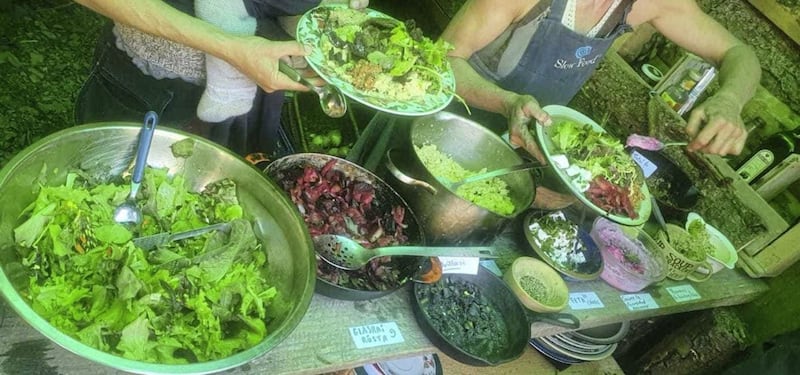
A few days spent with Cearbhúil is like an initiation, or perhaps a re-initiation back into knowledge of the land and the abundance of nourishing and healing plants that our not too distant ancestors knew of, but whose knowledge we have lost due to 'progress'.
"Wild plants nourish the soul," says Cearbhúil.
"I like to feel deeper into them, thank them for nourishing me and my family.
"I sit silently by them and feel the thread of connection that only silence can facilitate.
"This allows me to walk the path I have taken knowing that it is the right one for me. Gratitude is the healer of all healers."
Cearbhúil runs foraging workshops on her land in the Burren in Irish and English for adults and children, taking small groups for day or weekend visits. Contact cearbhuil@gmail.com
